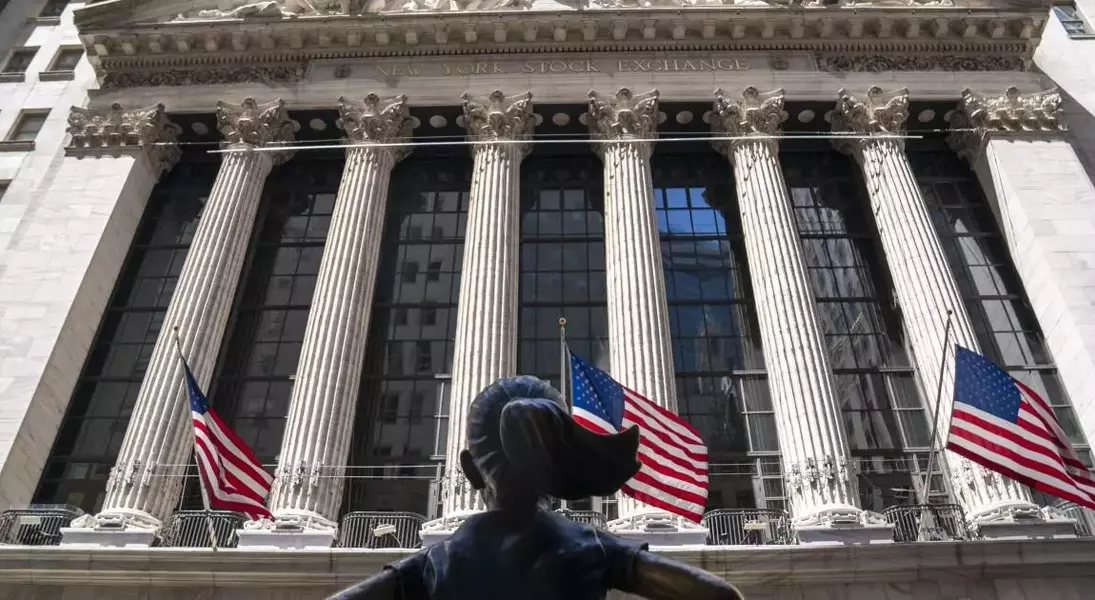
Unlocking Market Potential: A Path to Record-Breaking Growth
Amidst relatively stable movements in the U.S. bond market, the stock market's upward trajectory was fueled by several key developments. Treasury yields, which had previously been volatile due to concerns over inflation and government debt, showed only minor fluctuations. President Trump's comments on potential tariffs initially caused a brief uptick in yields but quickly subsided without substantial details. Additionally, crude oil prices dipped following Trump's call for lower production costs, alleviating inflationary pressures.
Bond Market Stability: A Crucial Factor in Market Performance
The stability of Treasury yields played a pivotal role in maintaining market confidence. While the 10-year Treasury yield edged up slightly, it remained below its recent peak. Similarly, the two-year Treasury yield eased marginally. Analysts noted that despite a slight increase in unemployment claims, these numbers were well within the expected range, reinforcing the view of continued U.S. economic resilience. Chris Larkin from E-Trade highlighted that employment trends continue to underscore America's economic strength.
The Federal Reserve's upcoming meeting is under scrutiny as traders anticipate no changes to interest rates. This would mark the first Fed meeting since September without a rate cut. Lower rates have historically stimulated investment prices but can also exacerbate inflation. Market participants are closely watching for any signals from the Fed regarding future monetary policy.
Corporate Earnings: Driving Market Sentiment
Several companies reported strong quarterly earnings, contributing to the market's positive performance. GE Aerospace, which recently split from General Electric, saw its stock soar after reporting robust profits and a 50% jump in orders for airplane engines and services. Netflix also performed strongly, building on its previous day's gains following better-than-expected earnings. Union Pacific's improved productivity and reduced fuel consumption boosted its stock, while American Airlines faced challenges despite reporting stronger profits, citing potential losses in the coming quarters.
In contrast, Electronic Arts experienced a sharp decline after warning of revenue slowdowns for its popular EA Sports FC25 game and lower player engagement for Dragon Age. These mixed corporate performances highlight the diverse factors influencing market sentiment.
Global Markets: Diverse Reactions to Economic Policies
Abroad, market reactions were varied. Chinese efforts to stimulate domestic stock prices through increased pension and mutual fund investments provided a temporary boost to Hong Kong's Hang Seng index, though it ended with a slight dip. In Japan, the Nikkei 225 gained modestly, despite setbacks for Fuji Media Holdings following allegations against a top TV host. The cryptocurrency market remained buoyant, with Bitcoin hovering around $103,000, reflecting optimism about potential regulatory changes.
Overall, the U.S. stock market's resurgence demonstrates resilience amid economic uncertainties. As investors navigate this dynamic landscape, they remain vigilant to emerging trends and policy shifts that could shape future market directions.
